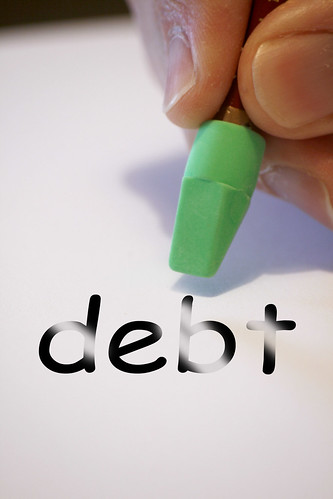Using credit cards to buy holiday gifts could mean that you will have to pay back those credit charges if you file for bankruptcy. This is a possibility even if you intended to pay on the cards when you made those purchases.
The Bankruptcy Code has specific rules about the consequences of using credit to buy “luxury goods or services” during the months before a bankruptcy filing. One rule is that if you use a credit card—or any other type of consumer credit—to buy more than $500 of consumer “luxury goods or services” through a single creditor within the 90 days before filing bankruptcy, a “presumption” is created that this debt is not dischargeable in bankruptcy.
Don’t let the word “luxury” deceive you – it is used to mean anything not “reasonably necessary” to support you or your dependents. Anything not used for survival is arguably not reasonably necessary. Even modest holiday gifts could be considered luxuries under this rule.
Another, similar rule applies to cash advances, except that the trigger dollar amount is $750 per creditor, and the period of time is within 70 days before filing bankruptcy, with the same presumption that the debt would not be dischargeable.
While it is true that such presumptions can be defeated, it is not likely in practice. This is because coming up with the evidence necessary to overcome the presumption (you’d have to prove that you intended to pay the money back at the time you borrowed it) is usually not easy. And the high cost of showing the evidence to the court during a separate proceeding normally makes trying to do so not worthwhile. The attorney fees it would cost you to fight the issue would likely be more than the original amount you’re fighting over.
The bottom line is that if you use consumer credit exceeding these dollar limits this holiday season and then file bankruptcy within the applicable 70 and 90-day periods, you will most likely have to pay for whatever credit charges you incurred during those periods. You can avoid these presumptions by waiting to file the bankruptcy until after those time periods have passed, but that isn’t always possible due to pending wage garnishments or other types of judgment execution. And even if you do wait, the creditor can still try to show that you had a bad intention when you made these credit charges. It’s best to just avoid the problem altogether by not using your credit cards or other lines of credit when there’s even an outside chance that you might need to file for bankruptcy.
Got debt problems? Call (201) 676-0722.




